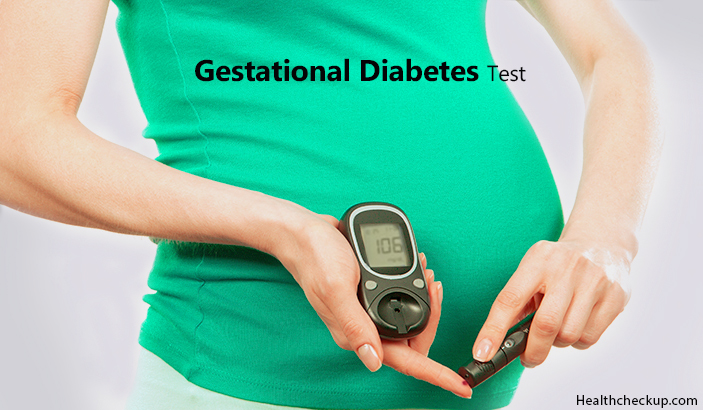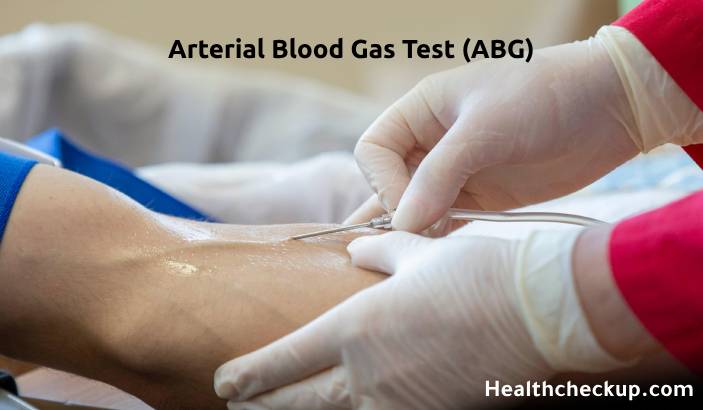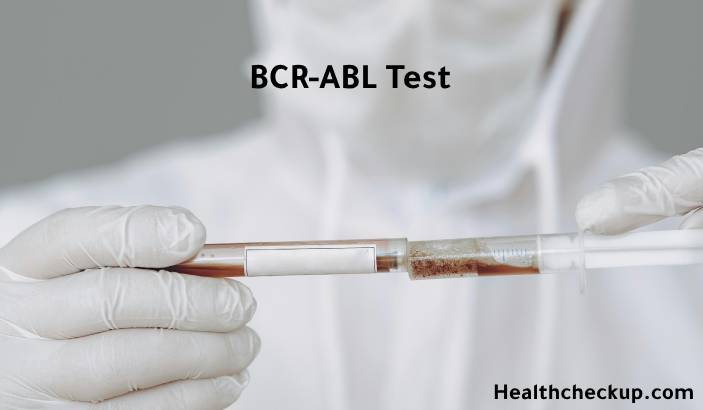A gestational diabetes test is often offered to measure the glucose levels during pregnancy. The test is used to identify whether or not the mother has elevated blood sugars during pregnancy or not. If there is any, then the doctor will guide you on how to manage the condition. In this article, let’s discuss more about the gestational diabetes test.
What is Gestational Diabetes Test?
Generally, doctors should always perform the gestational diabetes test to all pregnant women. This is to make sure that in case there are underlying problems that both the mother and the doctor can’t see, then the can be identified before it’s too late. For instance, gestational diabetes can cause serious pregnancy complications, and it’s important to find out so that if it’s present, then prompt treatment will be administered.
Usually, doctors recommend that pregnant women should have the gestational diabetes test between the 24th and 28th weeks of their pregnancy. In fact, according to research, about 8% of women perform this test during this time, and sometimes even earlier. In addition, individuals who have the following conditions are likely to be screened for this test:
- Older mothers
- Overweight women
- Women from a family with a history of type 2 diabetes
- Individuals who come from
- older mothers
- women who have a family history of type 2 diabetes
- Had a previous gestational diabetes condition as well as other conditions such as the polycystic ovarian syndrome or birth complications
When to Get A Gestational Diabetes Test?
Most women go for this test between weeks 24 and 28 of their pregnancy. Usually, gestational diabetes rarely causes any symptoms, and it’s often picked up during screening. However, if the blood sugar levels are too high, then the following symptoms could suggest a diabetes problem, and you should have a gestational diabetes test.
- Tiredness and fatigue
- Increased thirst
- Peeing frequently
- A dry mouth
- Snoring
You should, however, notice that most of these symptoms are familiar with pregnancy and can or cannot be a sign of a problem. But, if you are worried about your symptoms, speak to your doctor about undergoing a gestational diabetes test. Additionally, other gestational diabetes test alternatives are available. Your doctor can guide you on the best criteria.
How to Prepare for Gestational Diabetes Test?
Preparing for a gestational diabetes test in pregnancy is quite simple. Your doctor can ask you to do the following
- Eat normally in the days before the test
- Consult with your doctor about any medication that you are taking. For instance, diuretics, beta-blockers, and anti-depressants can interfere with the test results.
- Fast for at least 8 hours before undergoing the test. Drink only water and avoid any other beverages including coffee or tea
Your doctor will give you detailed information on all the things you can do.
Gestational Diabetes Test Procedure
Once you arrive for the test, your doctor will give you a sugar solution or syrup containing 50 grams of glucose. You should drink this solution within five minutes. In most cases, doctors use a two-step method for screening gestational diabetes. The first one is the glucose challenge test that determines the likelihood of having the condition.
One hour after drinking the solution, your doctor will take a blood sample.
If your blood sugar happens to be high, then you will have to undergo the 2nd test glucose tolerance test. The test measure how you respond to glucose. It’s a 3-hour gestational diabetes test where the doctor measures your glucose levels every one hour for 3 hours.
Gestational Diabetes Test Results and Interpretation
Every practitioner uses different measures to determine your level of glucose.
- In case your one-hour test is 140 mg/dl, or higher some doctors say 130 mg/dl, gestational diabetes is suspected and your doctor will recommend further testing. If it’s below 120mg/dl, then there is no need to undergo further testing.
- Any test score between 140 and 200 requires a glucose tolerance test for confirmation and definite diagnosis.
Gestational Diabetes Test Side Effects
These tests usually have no serious risk. For instance, you may feel a little dizzy for fasting for long hours. Also, some people may experience nausea, constipation, stomach discomfort, and diarrhoea.
Your practitioner will guide you on the proper manner or diet that can help manage the condition. In addition, you will have to undergo another gestational diabetes test 6-8 weeks after delivery. Your high blood sugar should only last for as long as you are pregnant.
Medically Reviewed By

Catherine is a dedicated freelance health and science writer committed to excellence and professionalism. She specializes in health topics including diet and nutrition, immune-related diseases, surgery, and cancer.








